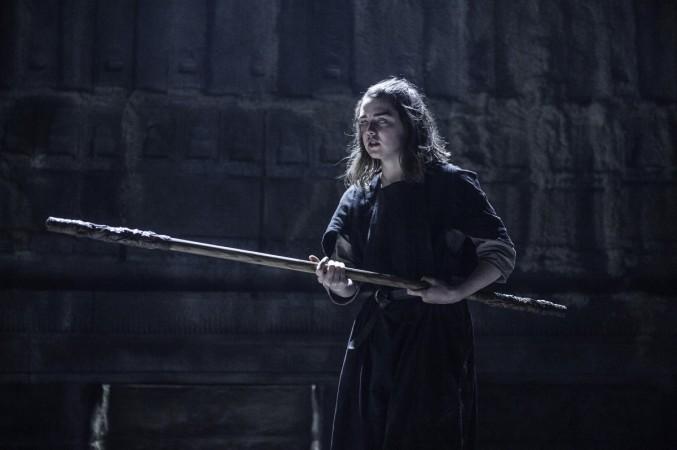
Warning: Major spoilers ahead.
The third episode of "Game of Thrones" Season 6, titled "Oathbreaker," was an episode of flashbacks and revelations. It also gave the audience subtle clues about what to expect in the upcoming episodes. Jon Snow, after being resurrected, stepped down as the commander of the Night's Watch. We might soon get to know who Snow's birth mother is. Arya Stark finally learns to fight like an assassin even though she is blind. Rickon Stark is back. And Daenerys is about to stand trial.
Snow's supernatural return to the land of living was greeted by composer Ramin Djawadi with an equally eerie background score. The score started with a bass-heavy synth layer that amplified Snow's surprise on finding himself alive and moved on to a mellow orchestral depiction as he made a public appearance. One of the most attractive features of the score of this scene is that it is minimalistic but still succeeds in amplifying the emotions conveyed through it.
The scene that portrays Daenerys' current situation also has a compelling score. While cinematic drum grooves blended with grave orchestral string layers make the crux of the score in this section of the episode, we could hear a few ethnic instrumental sounds as well.
However, the highlight of this episode's score was the scene where Arya Stark learns to fight. Djawadi has supplemented this section of the episode with lush but mellow synth layers that mystified the overall effect of this pivotal scene. The score eventually lead on to a few minutes of piano-oriented arpeggio-based sound, but it still maintained its lush and mellow vibe as it illustrated a story of self-discovery and letting go of the past.
In the final scene of the episode, as Snow announces that his watch has ended, a sad violin layer took over and lead on to the end credits track, which was equally melancholic and low-fi.
Overall, Djawadi's score for this episode was generally melancholic but yet it was absolutely majestic.









